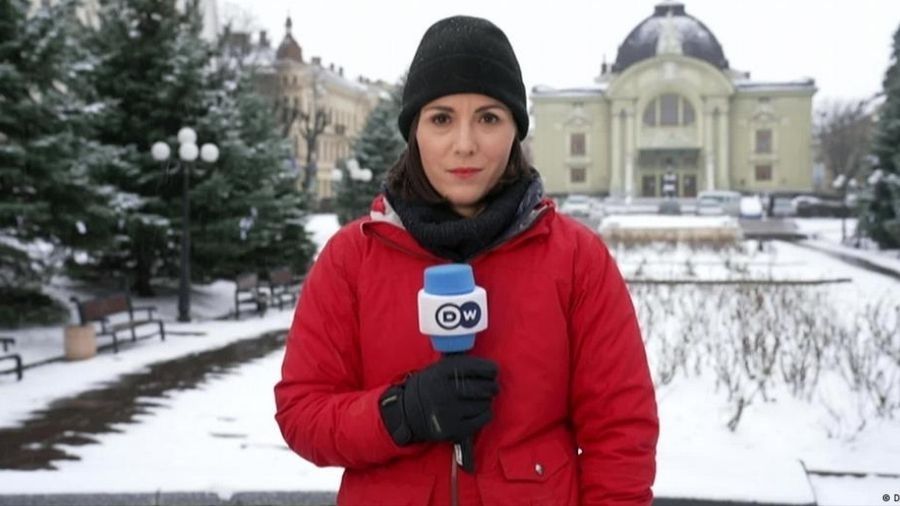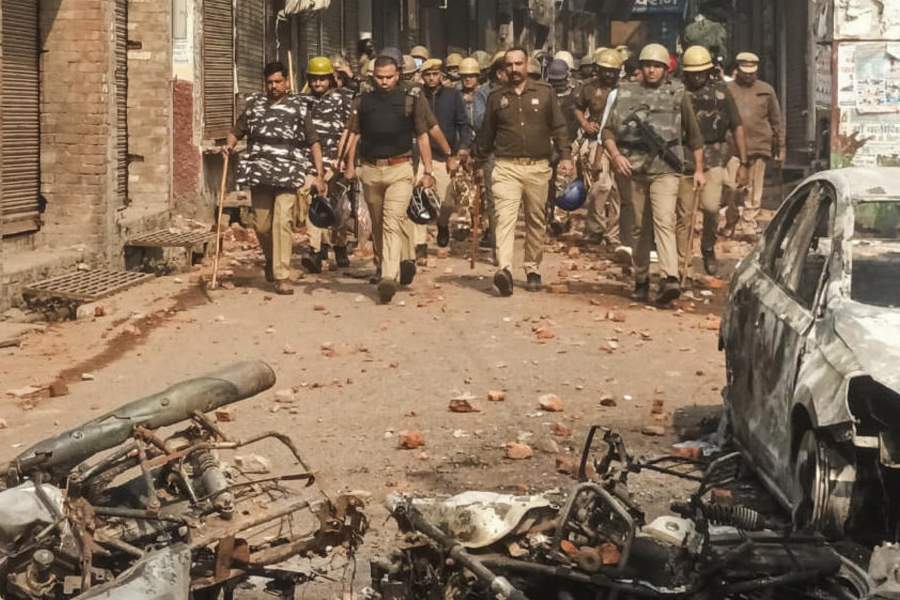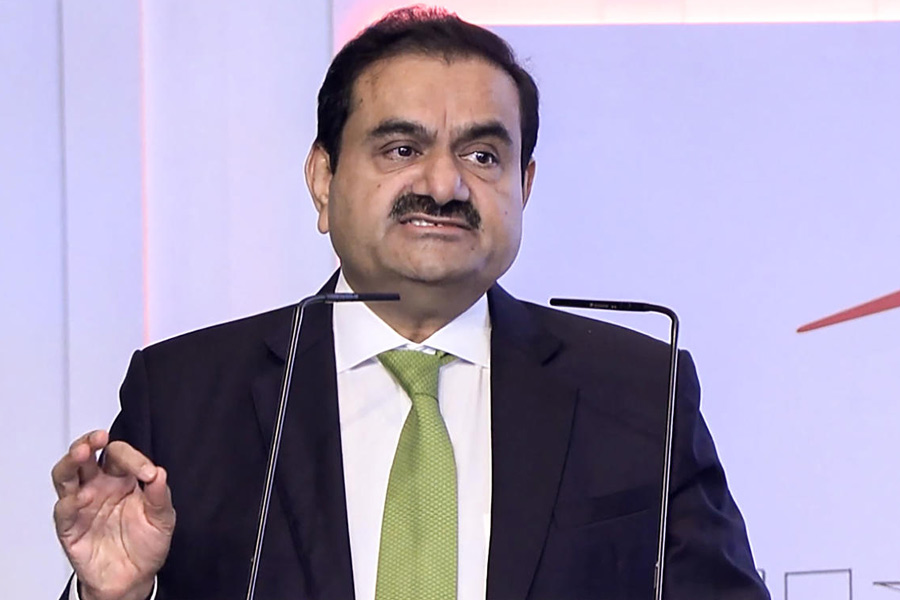DW correspondents are reporting from Kyiv, Lviv and countries bordering Ukraine. Here's what they've seen and heard over the past few days regarding the war, the refugee situation and how Europe is responding.
On International Women's Day Fanny Facsar reports from a women's shelter in Chernivtsi, where volunteers are offering food and protection for 120 internally displaced women and children. The shelter, which prior to the war provided a safe space for victims of domestic abuse, has opened its doors to those fleeing from places further east. Many women are also supporting the war efforts by baking bread or sewing for the frontline fighters.
In the capital, Mathias Bölinger describes the situation on March 8 as tense. People know that Kyiv has been a "prime target" since the war started. Despite the bombing in suburbs to the north of the city, Bölinger reports that he has not seen signs of a significant Russian advance. Trains are still running and transporting people from the suburbs to the central station, where they hope to catch a connection to destinations in the west, to Lviv and then on to Poland or Slovakia.
Nick Connolly, also based in Kyiv, explains that there is now a huge amount of bad blood between Russian and Ukrainian fighters, with "hundreds of soldiers dying on both sides" and very little hope that they will soon negotiate. He observes an increasing sense of "disillusionment with the West," after NATO's refusal to close the skies to Russian attacks. There is a growing feeling among Ukrainians that they can only rely on themselves and the Ukrainian army, Connolly reports.
DW Brussels bureau chief Alexandra von Nahmen, reporting from Lviv in western Ukraine, says many residents believe it's only a matter of time before the war comes to their city. Meanwhile they are doing what they can to help the refugees arriving from the east, but authorities are struggling with limited resources. Von Nahmen reports that the mayor has said he is worried the city might not have enough places to house all the displaced people.
She describes the stories from women fleeing Mariupol and Kharkiv as "heart-breaking." They have told her they were forced to leave their elderly mothers behind, without food and water and no contact to the outside world.
Anna Fil has also been reporting from Lviv, where she says the situation has worsened. Thousands of people are crowding the railway station, waiting in a huge line for a spot on a train heading west.
"People standing in it can't even tell where they are going exactly," she says. "They know that there are trains going to Poland every two hours. They don't know what town this train will bring them to, and basically it doesn't matter." For these refugees, who have fled the fighting and missile attacks, anywhere is better.
Tessa Walther is in Przemysl, Poland, where she has witnessed heartbreaking scenes at the border to Ukraine. Hundreds of thousands of women and children have crossed into the neighboring country, leaving their men behind. "What people really need at the moment is some time to rest, some time to process what they've seen," she says.
She says volunteers here "have come from everywhere," from across Europe and as far away as India and Canada, to help, some working "for 24 hours straight."
Monika Sieradzka was also in Przemysl, where she spoke with many frightened children who have seen the horrors of war firsthand. "A new generation of European refugees carry the baggage of trauma into their new lives," Sieradzka reports.
Reporting from Krakow, Poland, Max Zander met up with refugees at a youth center which is helping kids forget their troubles. He says people from all over Poland have been pitching in to help.











